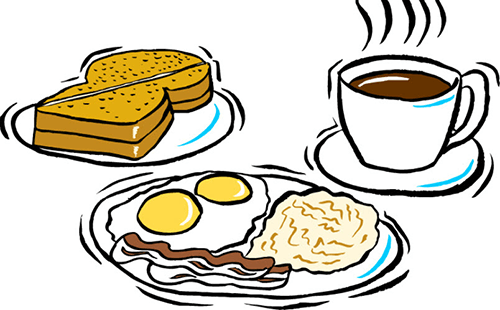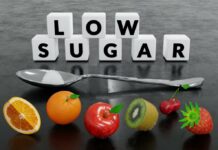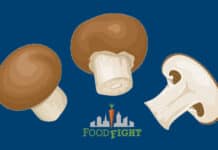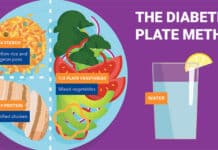For years as a public high school teacher in New York City, I watched my students walk into the classroom with their bags of chips and cans of soda for breakfast. I saw them soar into sugar highs only to be dropped head down minutes later into the abyss of a sugar slump.
I saw their lack of focus and their inability, at the ripe old age of seventeen, to climb five flights of stairs without panting and sweating and it took even me, let alone them, a while to connect the dots and understand that this was the impact of a nutritionally bankrupt breakfast.
Every “responsible parent” who is reading these lines now is smiling and is experiencing a moment of self-congratulations. We were raised by parents who told us that breakfast was the “most important meal of the day” and we religiously try to exercise this with our own kids.
We feed our children what we believe to be a healthy, well-balanced, “Enriched with Vitamin D”, “Full of antioxidants”, “Heart healthy”, “Doctor approved” cereal accompanied with “All natural” juice and supplemented with a piece of toast smeared with a nice layer of “preservative free” jam. We feel that we have done our nutritional duty by our children. But have we really?
One of the favorite activities in FoodFight workshops is busting the nutritional myth of the great American breakfast and helping students and teachers take a closer look at what it is they’re really putting in their mouths before they go to greet the day.
We use Raisin Bran as an example because, unlike Cocoa Puffs, Captain Crunch and the fluorescent colored Fruit Loops which everyone knows (whether they admit it or not) are unhealthy, it is considered the “responsible” choice. I grew up eating it, and it was only recently that I managed to get my 83-year-old mother off of it.
Nutrition 101 Exercise
Before we begin this Nutrition 101 exercise, you need to know a little math: 4 grams of sugar = 1 teaspoon of sugar.
Let’s look at the Nutrition Fact Panel on the Raisin Bran box. It states that there are 20 grams of sugar for every one cup of cereal. It’s very important to check the serving size too because one cup would not fill half of most cereal bowls.
Most teens and adults have at least 2 or 3 cups. Let’s use 2 to be conservative. If I eat 2 cups of Raisin Bran, that means I’ve had 40 grams of sugar which is a whopping 10 teaspoons of sugar.
I’m not saying one should never put a teaspoon or two or, go crazy, three, but I’m pretty sure nobody would knowingly put 10 teaspoons of sugar on their cereal.
And we’re not done. Let’s look at the juice. The individual size containers of the every natural Tropicana contain 39 grams of sugar –approximately 10 teaspoons of sugar — and, no, this sugar is no better for you than pure cane sugar. I chose Tropicana because, like Raisin Bran, it is viewed as the healthy staple of American breakfasts.
The toast, often white bread, also has sugar. The piece we used has 3 grams per slice. Let’s call that 1 teaspoon of sugar, but the jam (Smuckers) has 12 grams of sugar per tablespoon – translation – 3 teaspoons of sugar per tablespoon.
If you add all of this up, you get 94 grams of sugar which are about 23 teaspoons of sugar. All consumed before 9 am. And this is our version of a healthy, responsible breakfast.
What to do? If I give my kids cereal for breakfast, I make sure it has no more than 5 grams of sugar per serving and at least 3 grams of fiber (Cheerios and Grape's Nuts are some of the more popular brands, but there are plenty of other high fiber/low sugar options).
Here are some other quick, delicious options that are far superior to a bowl of cereal:
- Eggs (any style) add veggies!
- Oatmeal/oat bran with fruit and nuts (frozen works too)
- Greek yogurt with fruit (add your own sweetener)
- Whole grain toast w/peanut butter or almond butter
- Breakfast burrito – eggs, beans, cheese, salsa and a flour or corn tortilla
- Smoothie with protein
What simple steps can you take to reduce the amount of sugar in your breakfast?






